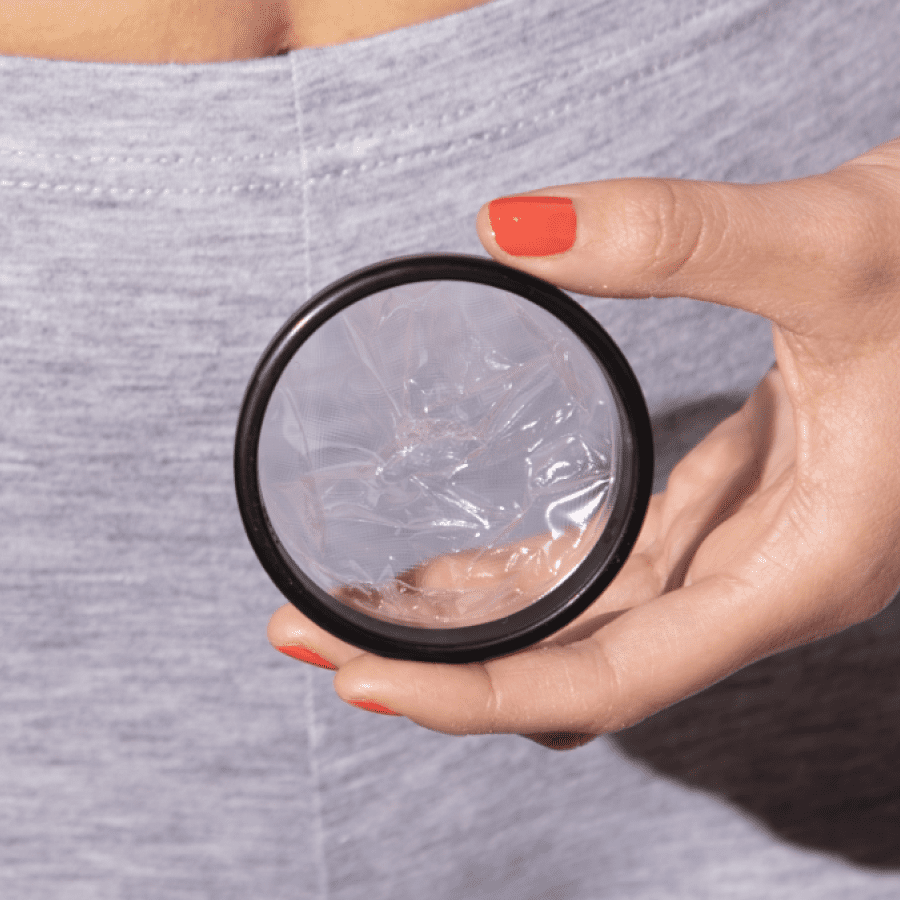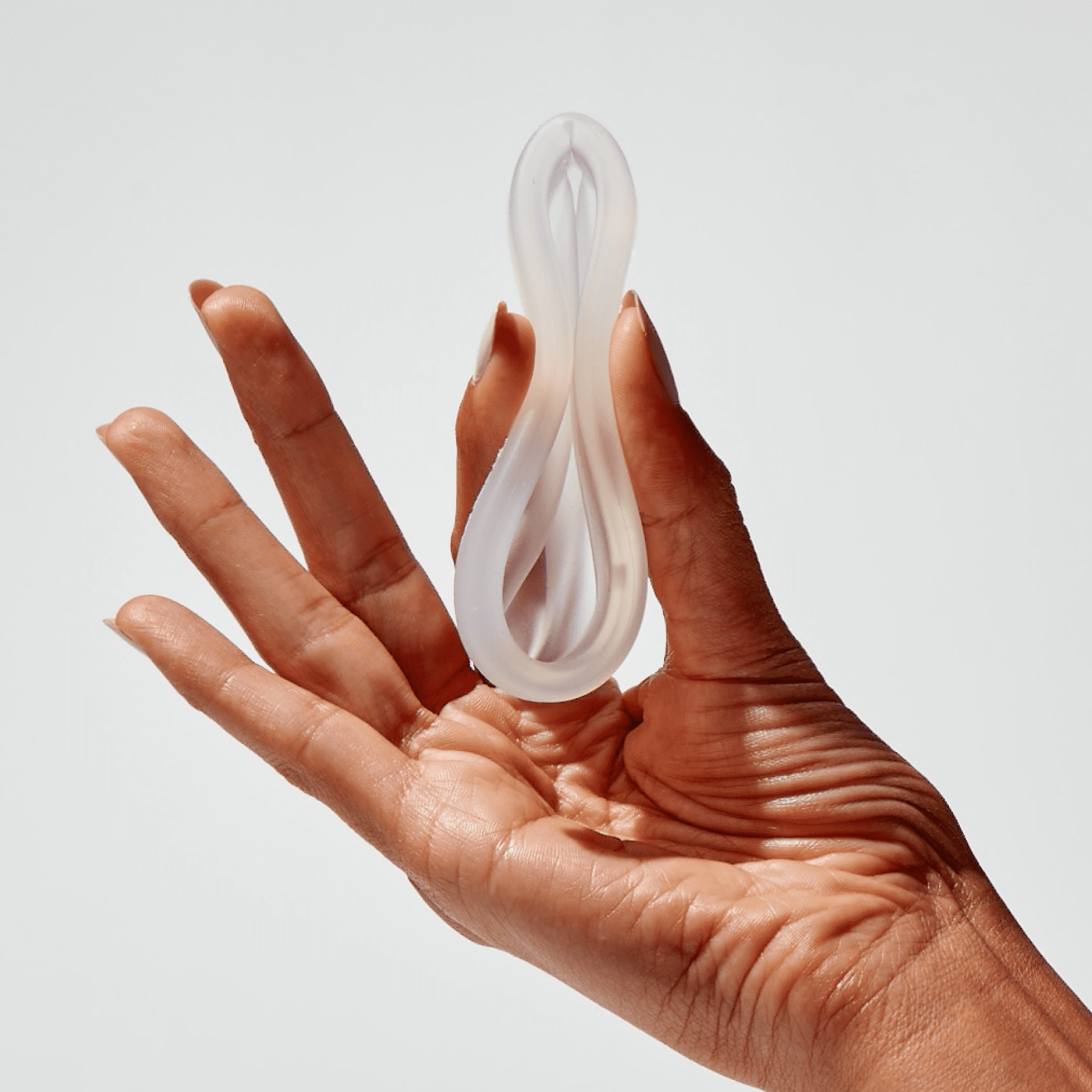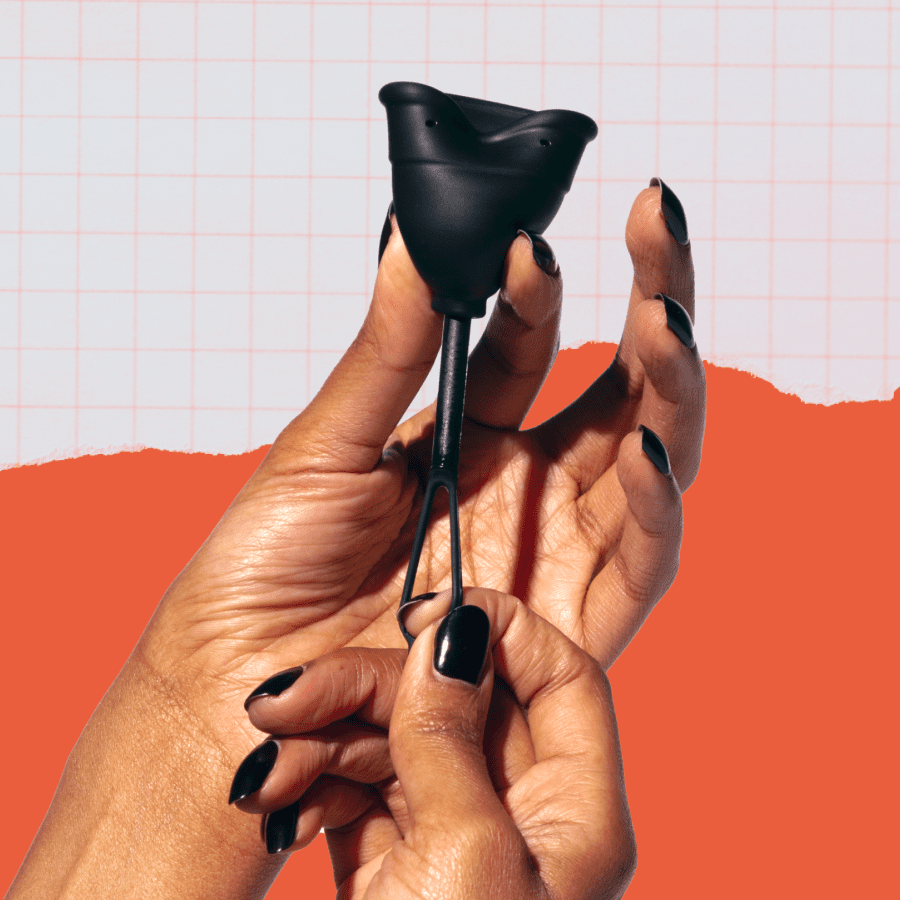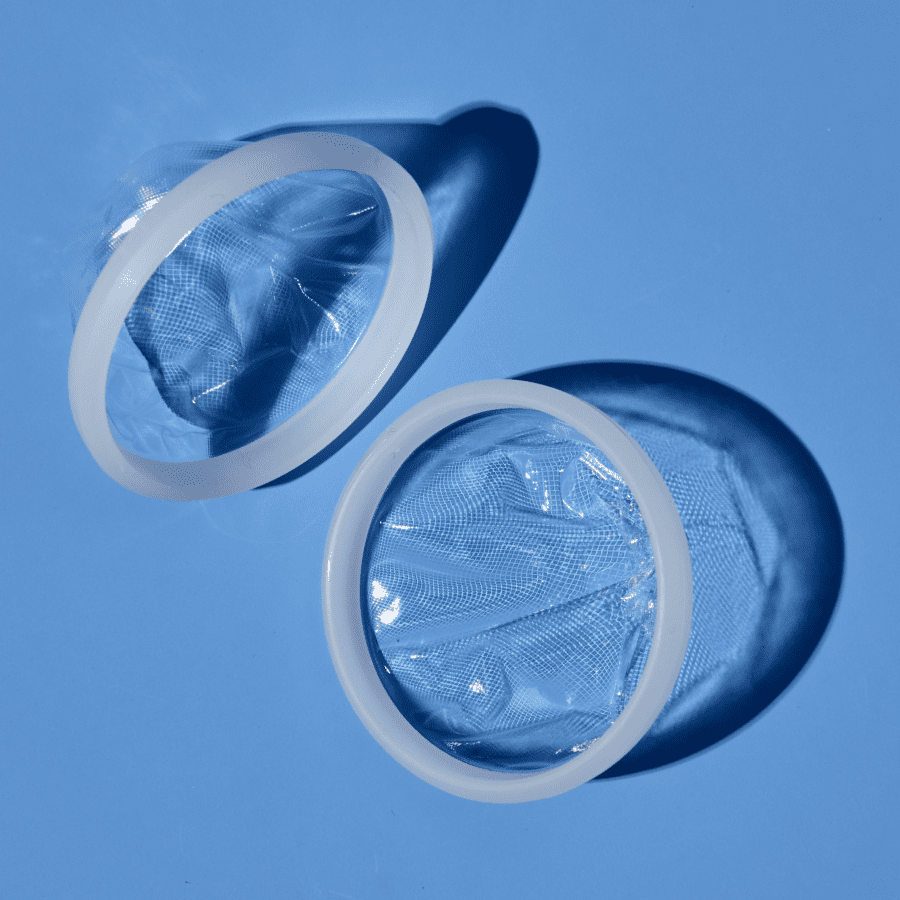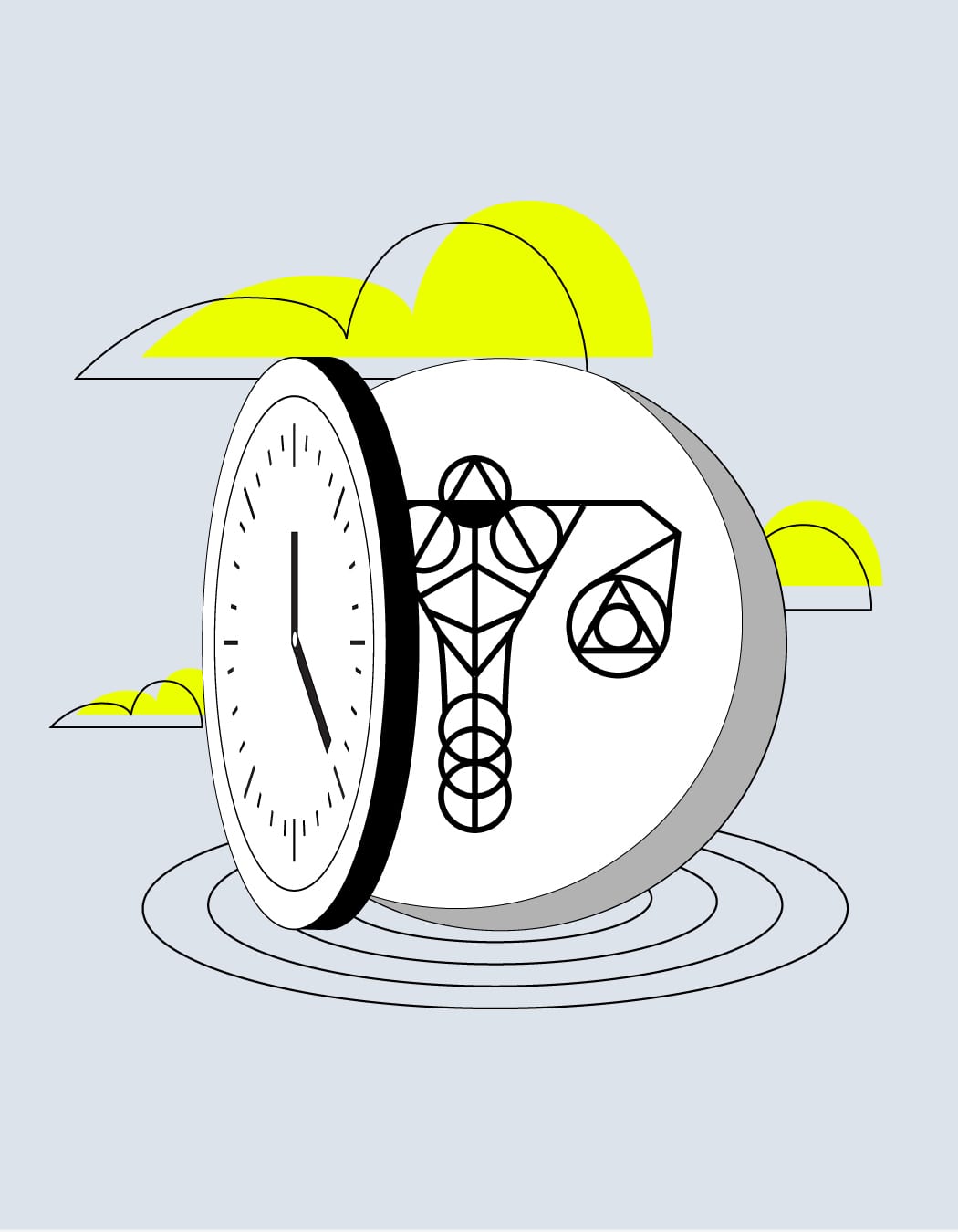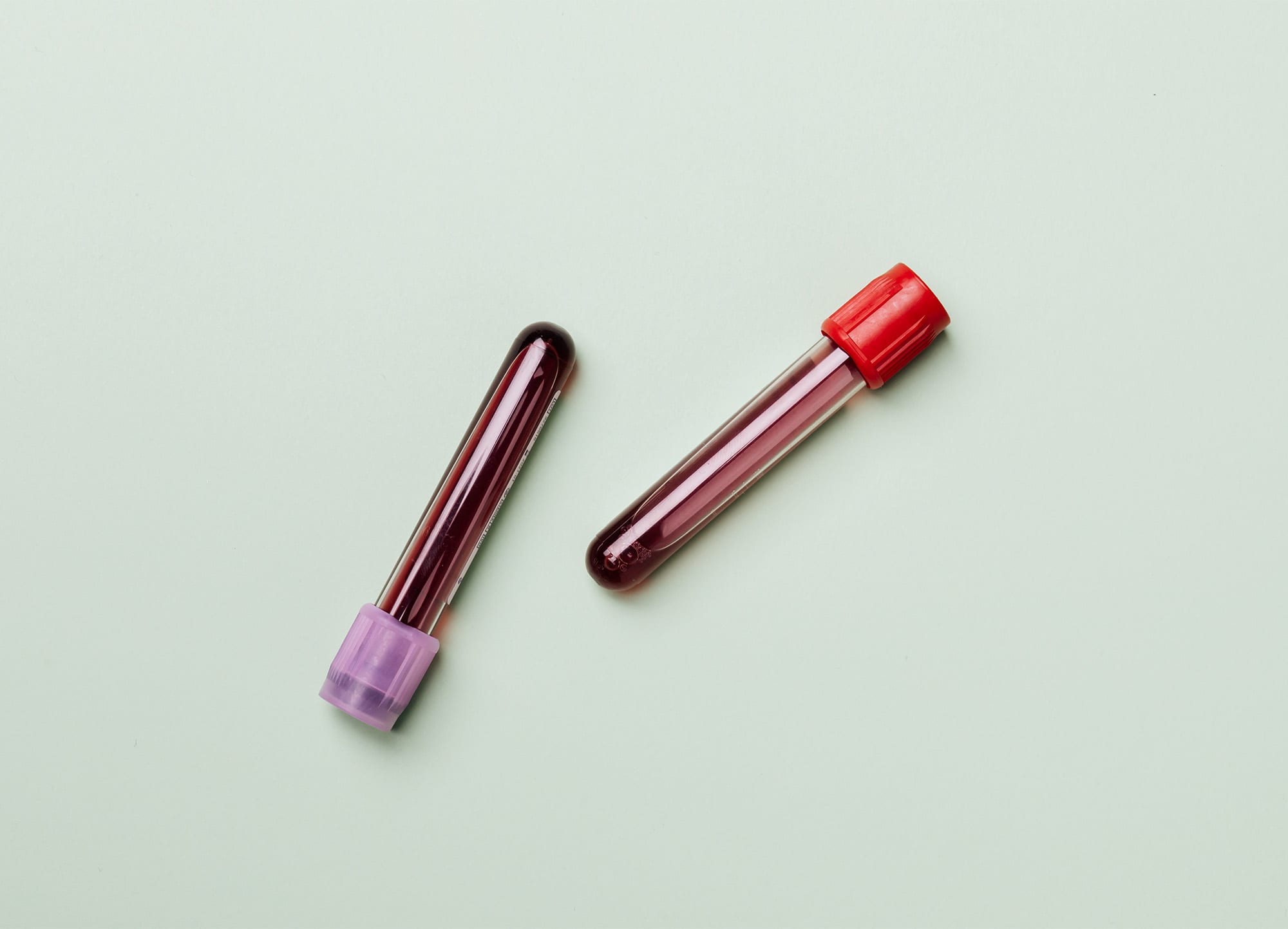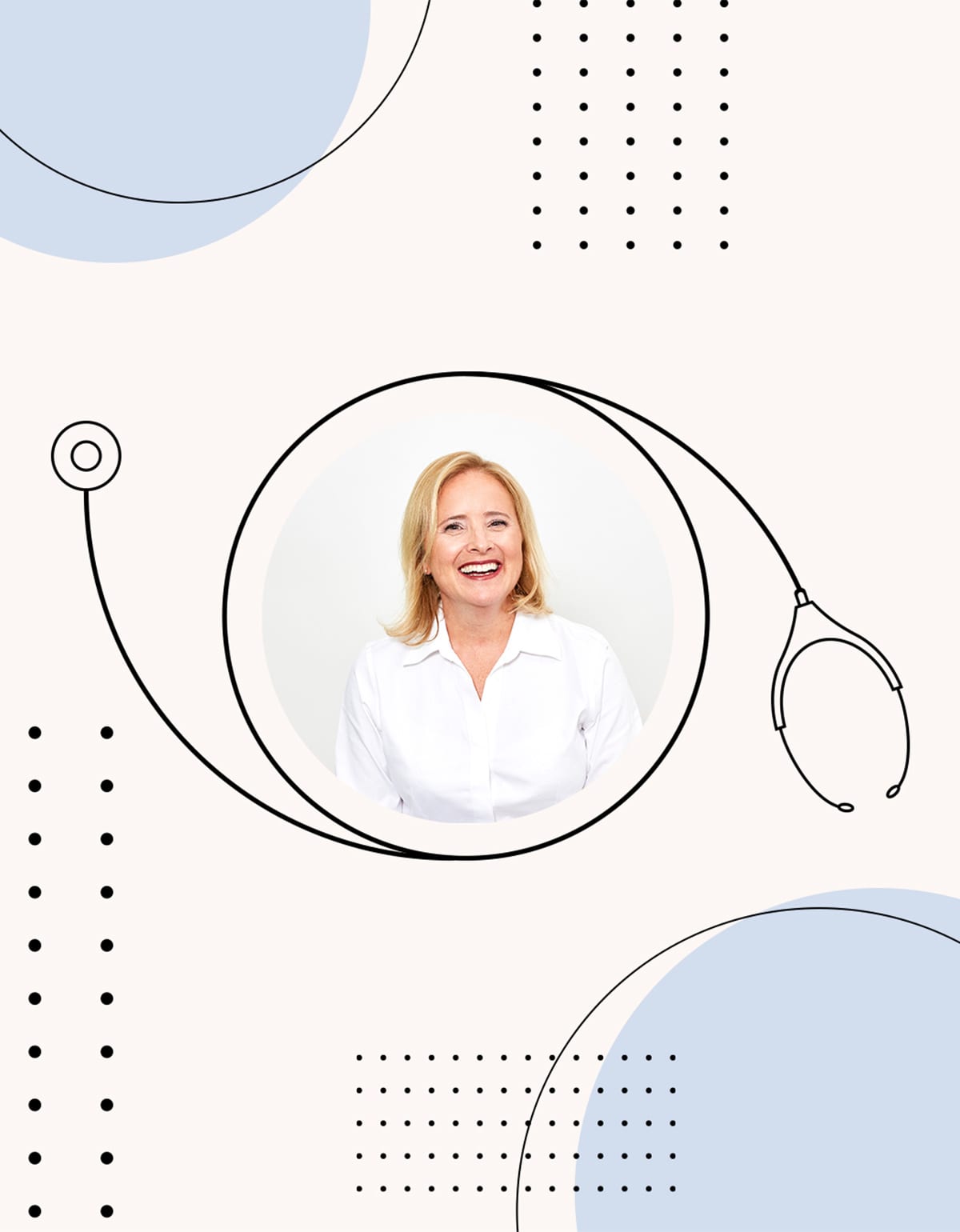First period after baby: What to expect
One of the silver linings of being pregnant is a well-deserved break from getting your period. Now that an egg has been fertilized, your uterine tissue is busy creating a nourishing, life-giving home for your baby – instead of sloughing off over the course of three to seven days with fun accompanying side effects like uterine cramps, breakouts, and fatigue.
Of course, those period pains will be replaced by a whole host of new and equally enjoyable side effects. Yay, pregnancy!
But what about after you’ve given birth? How soon do you get your period after birth? And will it be the same as it was pre-baby?
After childbirth, your period will eventually reappear. Exactly how soon that happens depends on a few different factors. These factors include whether or not you choose to breastfeed, use hormonal contraceptives, and whether you have any underlying conditions. Your postpartum period might also be a little different — maybe heavier or maybe lighter than what it used to be.
Still anxiously waiting for your menstrual cycle’s return? Here’s what to expect when you’re no longer expecting.
Bleeding & discharge after childbirth: Lochia
Don’t believe the Instas that make it seem otherwise. Childbirth is a messy process and your body continues to adjust even after you deliver your baby. You may feel like you’re on your period nonstop for the first four to six weeks following birth.
Over the next two weeks, the lochia will lighten from red to yellow or cream-colored and you will eventually stop bleeding.
Right after giving birth, you will be closely monitored for any signs of postpartum hemorrhage (PPH). PPH occurs typically within 24 hours after delivery, but can also happen up to 12 weeks postpartum. Doctors will check for symptoms such as severe vaginal bleeding, dizziness, or blurred vision. PPH can happen whether you had a vaginal or c-section delivery.
Lochia is the vaginal discharge expelled after giving birth. While technically not menstrual blood, lochia definitely has a period blood-like quality, especially during the first three days following delivery. During this timeframe, it typically has a fragrant smell and is dark red in color.1

How long do you bleed after birth?
Wondering how long you bleed after giving birth? Over the first two weeks following delivery, the lochia will lighten from red to yellow or cream-colored. At that point, you will gradually stop bleeding.
During this time, your vagina and vulva will be very sensitive. It’s best to wear pads and hold off on anything that involves penetration (like using a tampon or having sex). If you had an episiotomy, the skin between your vagina and anus, is also probably going to be sore.1
Give your body time and space to heal. The less that goes on down there, the better! One final note: If you continue to have lochia discharge for more than six weeks after delivery, make sure to call your doctor or Ob/Gyn.
When will you get your first period after giving birth?
Everyone’s post-birth “bounce back” process is different – including how long it takes for your period to return. How long it takes for your menstrual cycle to reappear depends largely on whether or not you’re breastfeeding your newborn.
First period after childbirth if breastfeeding:
Your first period after childbirth, if you are breastfeeding, might not show up for 8 to 15 months postpartum. Postpartum is the official term used to describe the return of the body and pelvic organs to a non-pregnant state.
Why the wait? When breastfeeding, your body produces prolactin, the hormone in charge of producing milk. When prolactin levels are high, it’s a signal for the body to delay ovulation (thus, no menstruation).
However, you can still get pregnant while breastfeeding, even if you are not menstruating. Use a birth control method if you’re sexually active and don’t plan on becoming pregnant again.2 When breastfeeding, you’ll need to stay away from estrogen-containing hormonal contraceptives, so stick to barrier-method options like condoms. You can also talk to your provider about starting the progestin-only “mini pill”, the Depo-Provera shot or an IUD.
If your period returns while you’re still breastfeeding, you may notice a bit more fussiness from your nursing baby. This is because hormonal changes may slightly alter the taste of your milk. You may also notice a drop in milk supply.3 If you have access to a lactation consultant, this is a good time to reach out for tips and support.

First period after childbirth if not breastfeeding:
If you aren’t breastfeeding, you’ll most likely start getting your period again much sooner: Anywhere from 55 to 60 days postpartum. This process is all a part of your body’s natural hormonal response to the massive changes of both pregnancy and childbirth.
Changes to your period after having a baby: What to expect
Your first period after having a baby is probably going to be different than what it was before pregnancy.
People with endometriosis or painful periods may find that their periods are actually less painful than they were prior to pregnancy. Why? When you’re pregnant, your body produces significantly higher levels of progesterone, one of the key reproductive hormones. The progesterone works to decrease the amount of endometrial tissue outside of the uterus.
Unfortunately, this change is not permanent. Those with endometriosis may start to have painful periods again once progesterone settles back to normal (as in, non-pregnancy) levels.
You also may experience bleeding for more days or a heavier menstrual flow overall. During pregnancy, the uterus expands to nourish and support the baby.4 A larger uterus equals more uterine lining to shed every month. For the same reason, period cramps could potentially be more painful as your uterus contracts to expel more tissue.5
First period after a C-section
Your first period after giving birth via C-section may not be that different from someone who delivered vaginally. When it comes depends on if you are breastfeeding, and isn’t related to how you delivered.
Those who undergo C-sections should keep an eye out for periods that are significantly lighter than they were pre-pregnancy. This could indicate scarring of the uterine lining, also known as Asherman’s Syndrome.
Sometimes during a C-section, scar tissue forms in the uterus or cervix. Severe scarring will prevent the normal shedding of the uterine lining, causing very light periods or no period at all. Asherman’s Syndrome scarring can also cause intense stomach cramping and fertility problems.6
If you are noticing any of these symptoms post-cesarean section, speak with your healthcare provider or OB-GYN.

Heavy periods after giving birth: When to talk to your doctor
Adjusting to your post-pregnancy body and all of its quirks definitely takes time. Some women experience heavier, longer, or more painful periods after giving birth.
It’s possible that these changes relate to a larger uterine cavity (having been stretched during pregnancy). This translates to a larger volume of endometrial tissue to shed each month.5
While a heavier period is normal after childbirth, reach out to your healthcare provider if you experience any of the below:
- Soaking through multiple pads or tampons in an hour
- Having periods that last longer than 7 days or interfere with your normal activities
- Expelling blood clots larger than a size of a quarter
- Experiencing unusual pelvic or abdominal pain
- Feeling dizzy or faint during your period
Any of the above could indicate that something more serious is going on healthwise. Depending on the root cause, your provider might prescribe iron supplements or hormone therapy. Plus, heavy bleeding is pretty annoying and can seriously disrupt your quality of life.7
Once your period has returned full-force, your newly-heavy flow might require a bit more creativity to manage. If you’re bleeding through tampons twice as quickly as you used to, consider using menstrual cups or menstrual discs.
Flex Cup, Flex Disc, and Flex Reusable Disc are all wearable for up to 12 hours at a time. This means less time spent changing period products, and more time to relax. Flex Cup and Flex Reusable Disc are great if you’re looking for a sustainable, reusable option for the long haul. If your main requirement is convenience, the original Flex Discs are disposable and easy to take on the go.
Each of these products holds WAY more period blood than a tampon:
- Flex Cup Size 01 holds as much as 2 super tampons (22mL)
- Flex Cup Size 02 holds as much as 3 super tampons (30mL)
- Flex Disc holds as much as 3+ super tampons
- Flex Reusable Disc holds as much as 6+ super tampons
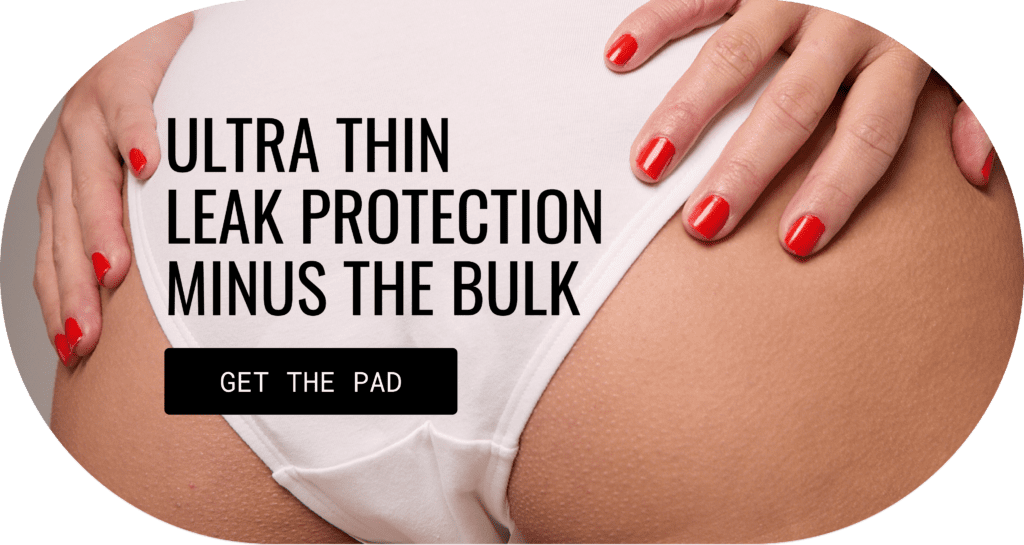
Irregular periods after childbirth
Your body goes through so many changes before, during, and after pregnancy and childbirth. You may experience irregular periods for a few months postpartum. This is completely normal, especially if your period returns while you’re still breastfeeding.
You may spot or bleed for fewer days, or get your period and then go many months without getting it again. Once you start to reduce the time you spend breastfeeding, your prolactin levels will decrease as well. At this point, your cycle should return to whatever “normal” was for you before pregnancy.8
Talk to your doctor if your menstrual cycle still hasn’t resumed after 15 months postpartum. Also, let your healthcare provider know if your period continues to be irregular for over six months.
Other menstrual cycle changes you may experience
Pregnancy can also release hormones that relax the uterus and dilate the cervix. For some lucky menstruators, that will lead to easier periods (congrats!). Those who resume hormonal birth control again post-pregnancy are also likely to experience lighter periods.
Lighter periods are not always a cause for celebration. Sheehan’s Syndrome is a rare post-pregnancy complication. It can cause you to miss periods because your pituitary gland isn’t working properly. Luckily, Sheehan’s Syndrome is treatable.
Be sure tospeak with your doctor if your periods are much lighter than they’ve ever been. If your period is still absent and you’re no longer breastfeeding, contact your healthcare provider.
Key takeaways
There is truly no one “normal” way for your period to return after childbirth. Just like the road to becoming a parent, everyone’s journey is going to be different. Lifestyle choices, like whether or not you’re breastfeeding, play a role in how quickly your cycle normalizes after birth.
If you have any questions or concerns about unusual bleeding after giving birth, check in with your OB-GYN. When in doubt, it’s always best to talk to an expert for medical advice.
This article is informational only and is not offered as medical advice, nor does it substitute for a consultation with your physician. If you have any gynecological/medical concerns or conditions, please consult your physician.
© 2024 The Flex Company. All Rights Reserved.
- Cleveland Clinic. (2018, January 1). Physical changes after child birth. https://my.clevelandclinic.org/health/articles/9682-pregnancy-physical-changes-after-delivery[↩][↩]
- Wang, I. Y., & Fraser, I. S. (1994). Reproductive function and contraception in the postpartum period. Obstetrical & gynecological survey, 49(1), 56–63. https://doi.org/10.1097/00006254-199401000-00026[↩]
- Masters, M. (2019, November 18). Postpartum period – Your first period after pregnancy. What to Expect. https://www.whattoexpect.com/first-year/week-16/period.aspx[↩]
- ACOGACOG stands for the American College of Obstetricians and Gynecologists (a professional membership organization for obstetrician–gynecologists).. (2020, August). How your fetus grows during pregnancy. https://www.acog.org/womens-health/faqs/how-your-fetus-grows-during-pregnancy[↩]
- Cleveland Clinic. (2020, September 9). Do your periods change after pregnancy? https://health.clevelandclinic.org/do-your-periods-change-after-pregnancy[↩][↩]
- Cleveland Clinic. (2017, June 29). Asherman’s syndrome: Symptoms, causes, diagnosis & treatments. https://my.clevelandclinic.org/health/diseases/16561-ashermans-syndrome[↩]
- Centers for Disease Control and Prevention. (2019, March 12). Heavy menstrual bleeding. https://www.cdc.gov/ncbddd/blooddisorders/women/menorrhagia.html[↩]
- Australian Government Department of Health. (2019, June 18). Breastfeeding and periods. Health Direct. https://www.healthdirect.gov.au/breastfeeding-and-periods[↩]

